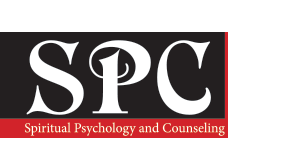The Efficacy of Psycho-Spiritual Mental Health Education for Improving the Well-Being and Perceptions of School Climate for Students At- Risk for School Failure
Author/s: Thomas M. Kelley, Brooke Wheeldon-Reece, Eric G. Lambert
DOI: https://dx.doi.org/10.37898/spc.2021.6.2.137
Year: 2021 Vol: 6 Number: 2
Abstract
This preliminary study investigates the efficacy of the SPARK Mentoring Program, a mental health education intervention grounded the psycho-spiritual Principles of Universal Mind, Consciousness, and Thought for improving the well-being and perceptions for school climate of students at-risk for school failure. Students at-risk for academic failure were assigned to a treatment group (n= 75), and a waitlist comparison group (n= 34). Pre-and post-intervention, participants in both groups completed the Warwick-Edinburgh Mental Well-Being Scale, the Acceptance component of the Difficulties in Emotional Regulation Scale, and the Social and Emotional Learning, High Expectations, Caring Adults, and Peer Climate components of the Alaska School Climate and Connectedness Survey. Compared to the control group, students receiving this intervention (thirteen 45–60-minute sessions during regular school hours) reported improved mental health evidenced by a significant increase in mental well-being, state of mind, and hope for the future, and improved perceptions of school climate evidenced by a significant increase in conflict resolution, valuing academic success, and relational trust with teachers, peers, and school community.
Keywords
Mental health, School climate, Three Principles/Innate Health, Relational trust, Academic failure

